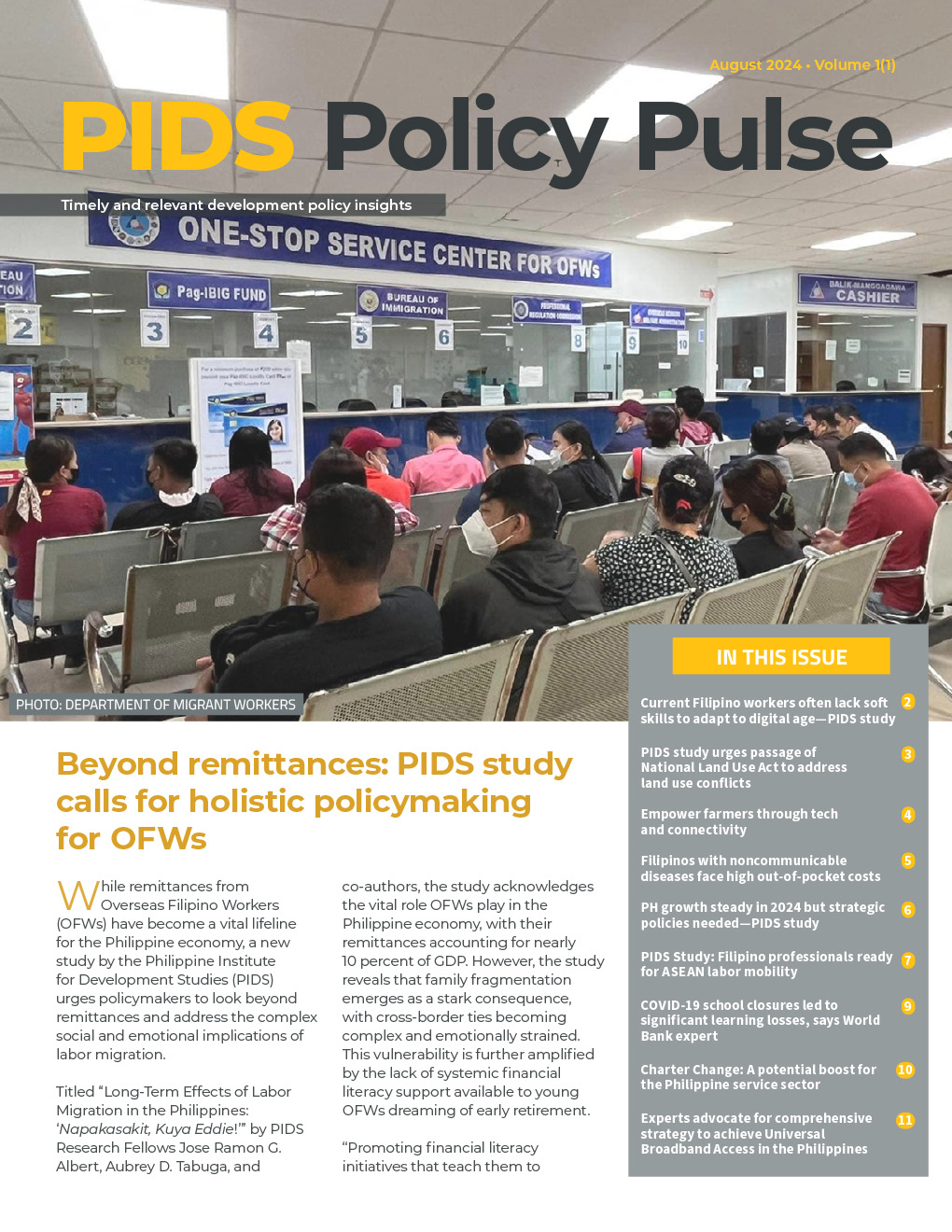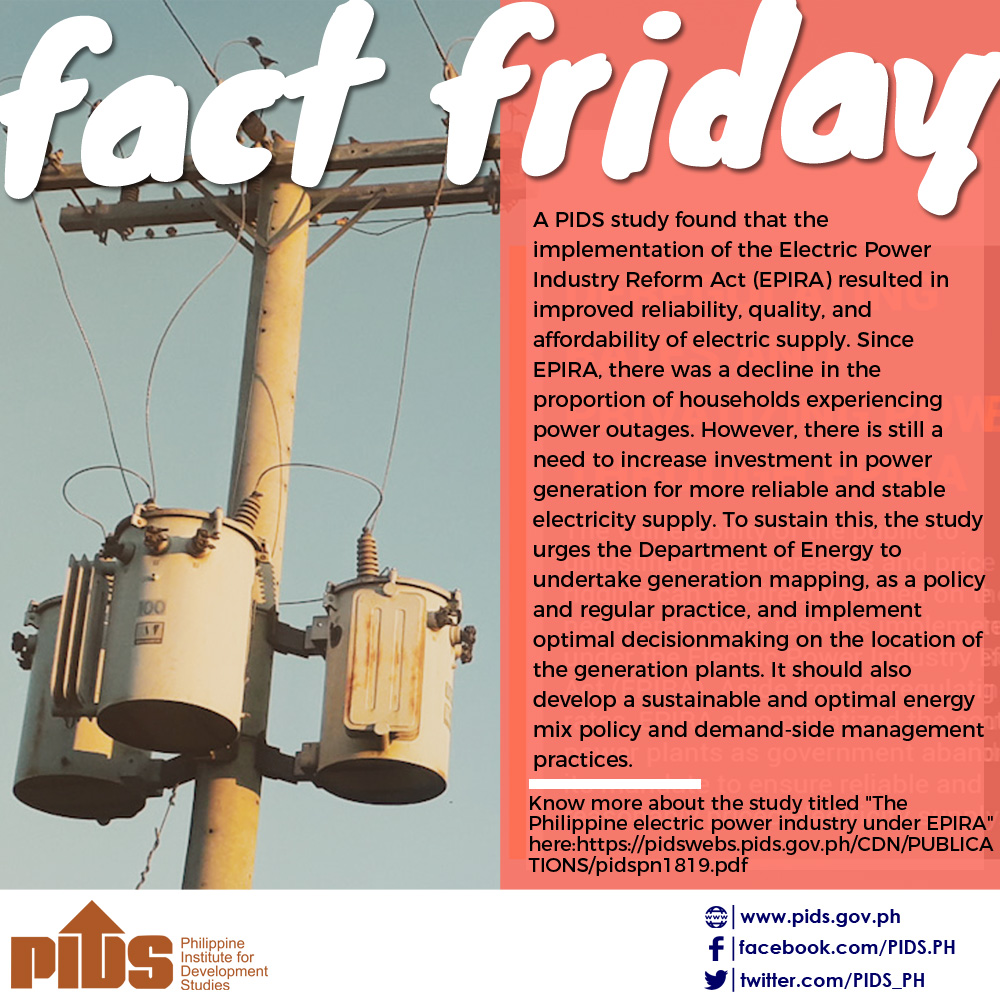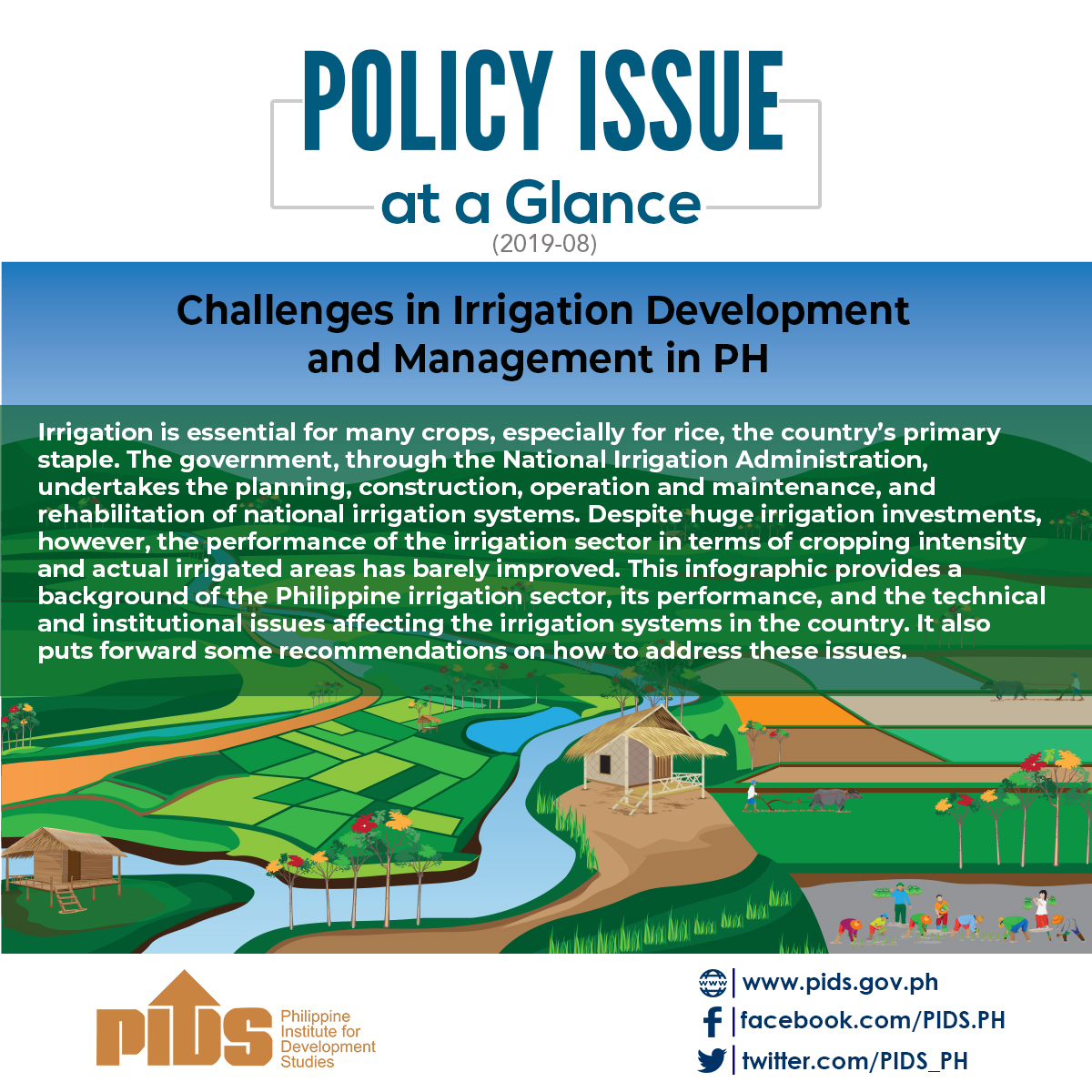The Department of Energy (DOE) and the Philippine Institute for Development Studies (PIDS) advised against repealing the Electric Power Industry Reform Act (Epira) of 2001. Instead, they called for improvements in the implementation of energy deregulation.
Energy Secretary Zenaida Monsada said Monday on the sidelines of a forum on better efficiency in government services that the Epira was working through improved investments in power generation and relatively stable power prices.
“The argument that Epira should make power available begs the question, what is affordable? Should it go back to pre-Epira days, should the price be artificially low, even if it cannot be sustained, or [determined] via market forces to reflect the true price?” Monsada said. “Right now, we are continuing efforts together with energy stakeholders to further bring down power prices through better efficiencies.”
Among the proposed improvements are improving power plant operations and making facility owners more responsible for replacement power whenever their generation units shut down unexpectedly, as well as making the energy spot market operate more independently.
Separately, PIDS said that calls to repeal Epira were “ill-advised.”
The think tank said in a study that the nationalization years were “marked by inefficiencies and fiscal problems” that were borne by the whole country, not just electricity consumers.
In contrast, “production efficiency gains” were achieved through the reduction of system losses after Epira.
“What needs to be done is to find ways of improving its implementation. We must recognize that the evolution in the governance structure of the industry is still unfinished,” the PIDS study said.
“The electricity spot market has to be governed by an independent market operator; regulatory capacity has to be strengthened; and the energy department needs to beef up its planning function,” it added.//
Energy Secretary Zenaida Monsada said Monday on the sidelines of a forum on better efficiency in government services that the Epira was working through improved investments in power generation and relatively stable power prices.
“The argument that Epira should make power available begs the question, what is affordable? Should it go back to pre-Epira days, should the price be artificially low, even if it cannot be sustained, or [determined] via market forces to reflect the true price?” Monsada said. “Right now, we are continuing efforts together with energy stakeholders to further bring down power prices through better efficiencies.”
Among the proposed improvements are improving power plant operations and making facility owners more responsible for replacement power whenever their generation units shut down unexpectedly, as well as making the energy spot market operate more independently.
Separately, PIDS said that calls to repeal Epira were “ill-advised.”
The think tank said in a study that the nationalization years were “marked by inefficiencies and fiscal problems” that were borne by the whole country, not just electricity consumers.
In contrast, “production efficiency gains” were achieved through the reduction of system losses after Epira.
“What needs to be done is to find ways of improving its implementation. We must recognize that the evolution in the governance structure of the industry is still unfinished,” the PIDS study said.
“The electricity spot market has to be governed by an independent market operator; regulatory capacity has to be strengthened; and the energy department needs to beef up its planning function,” it added.//












